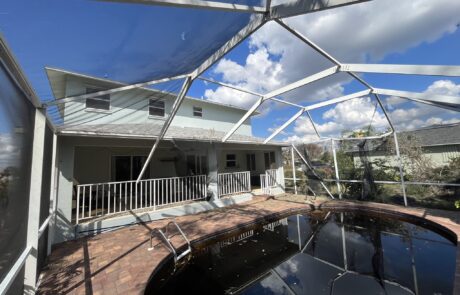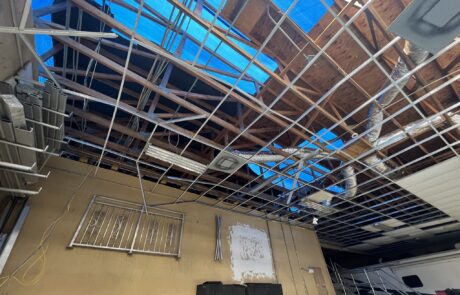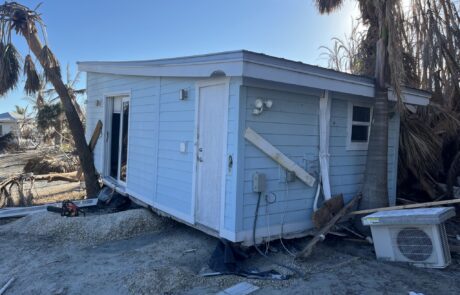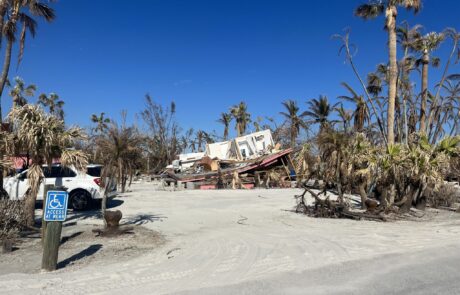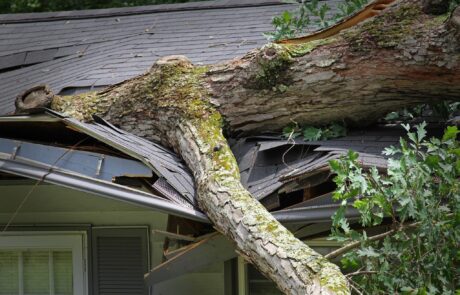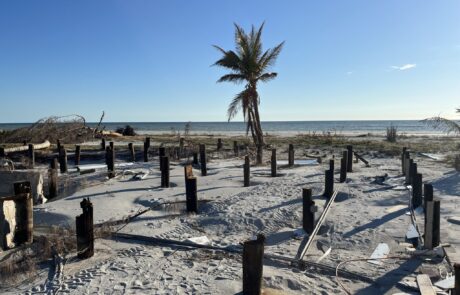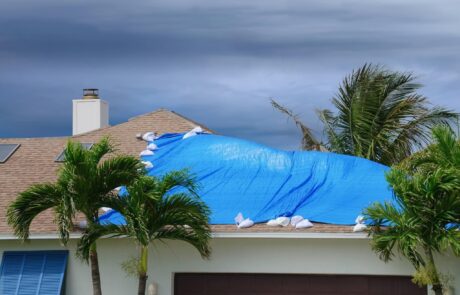Fire Damage Claim: Your Property Adjuster
Fires do more than just destroy property; they can create some of the most challenging damages to repair and replace during the cleanup process.
Even if the fire is contained before it consumes everything in its path, smoke damage continues where the flames left off. Additionally, the water or chemicals used to extinguish the fire can cause a third layer of destruction, leading to lengthy and costly cleanup efforts before homeowners or business owners can safely return to their property.
* Our Inspection and Policy/Claim review is FREE
What Are the Most Common Causes of Home and Commercial Fires?
Home and business fires can occur unexpectedly, whether in occupied spaces or when families are away and businesses are closed.
Fires are frightening events that often result in significant property damage and losses, which can feel overwhelming. This experience can be even more frustrating when you reach out to your insurance company for help.
You’ve paid for coverage, sought reassurance, and trusted that they would support you—but often, the response can feel like a runaround.
At yourpropertyadjuster.com, we are here to help.
You deserve better. Our team of adjusters, consultants, contractors, and fire damage experts is ready to help you navigate the challenges of pursuing the best solution to restore your property to its pre-loss condition.
Cooking
Nearly half of all reported home fires in the United States start in the kitchen. Common causes include overheated pots and pans, grease splatters, lack of supervision while cooking, and faulty appliances. Kitchen items can ignite quickly, leading to flames that spread rapidly and become overwhelming.
Barbecues
Not all cooking occurs indoors, and outdoor meals carry their risks. Charcoal and gas grills, smokers, and deep fryers can cause significant fire damage when left unsupervised, leaking, or in contact with structures like homes, garages, outdoor furniture, or nearby trees and bushes.
Flammable Liquids
Flammable liquids, such as cleaning agents, paints, stains, thinners, adhesives, and fuels, pose a serious risk both inside and outside the home. These materials can ignite or explode unexpectedly if not stored properly. Dangerous vapors can ignite without an open flame when stored in unapproved containers or unventilated areas, especially when exposed to high temperatures or static electricity, potentially leading to destructive explosions.
Electrical Equipment, Faulty Wiring, and Unsafe Lighting
Any appliance or equipment that relies on electricity can ignite a fire due to overloaded outlets, frayed cords, or inadequate internal wiring. Additionally, lighting sources such as lamps can overheat, and permanently installed ceiling or wall fixtures may not be properly insulated from wood paneling or ceiling beams, posing a fire risk.
Candles
While candles are typically small and contained, they require an open flame to burn and can spark larger fires when left unattended near flammable materials like newspapers, magazines, and tissue boxes.
Children Playing with Fire
Children’s natural curiosity can lead to dangerous situations, as they may not fully grasp the destructive potential of fire. Each year in the United States, kids playing with matches, lighters, or candles contribute to over 10,000 fires.
Holiday Decorations
Holiday decorations, including Christmas trees and other indoor and outdoor adornments, can pose fire hazards. Decorated trees and bushes can dry out and become easily ignitable when adorned with strings of lights. Additionally, holiday decorations are often not inspected regularly, and repeated use can result in frayed wires or faulty components that can catch fire.
Smoking
Smoking in any part of the home is risky, as flammable items like furniture, clothing, and blankets can easily ignite and spread flames. Bedrooms are particularly vulnerable to smoking-related fires, as cigarettes or cigars may not be fully extinguished before the person falls asleep, preventing them from noticing a fire has started.
Unintentional vs. Intentional Fires
Most fires are unintentional; no one wishes to see their home or business engulfed in flames. Many fires stem from human error, such as improperly disposing of cigarettes, hot objects, or flammable materials that can still catch fire. Regardless of the cause, a fire’s unpredictable nature can lead to rapid destruction, leaving families and business owners feeling helpless once the flames are extinguished.
Free Consultation & Policy Review. We Don’t Get Paid if You Don’t Get Paid! Reopen your claim. Get paid what you deserve!
Contact Us
Talk with a licensed Public Adjuster



